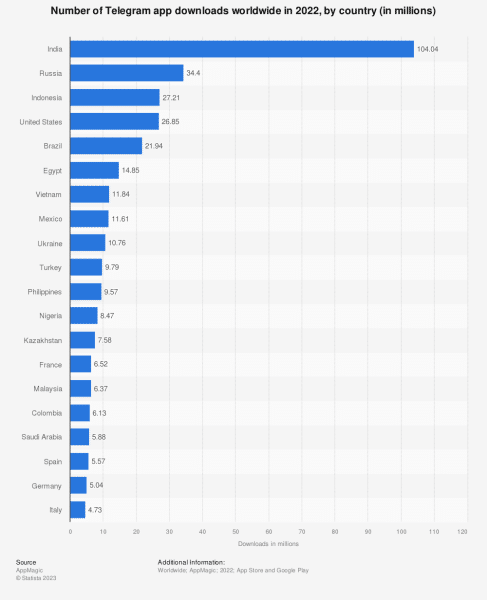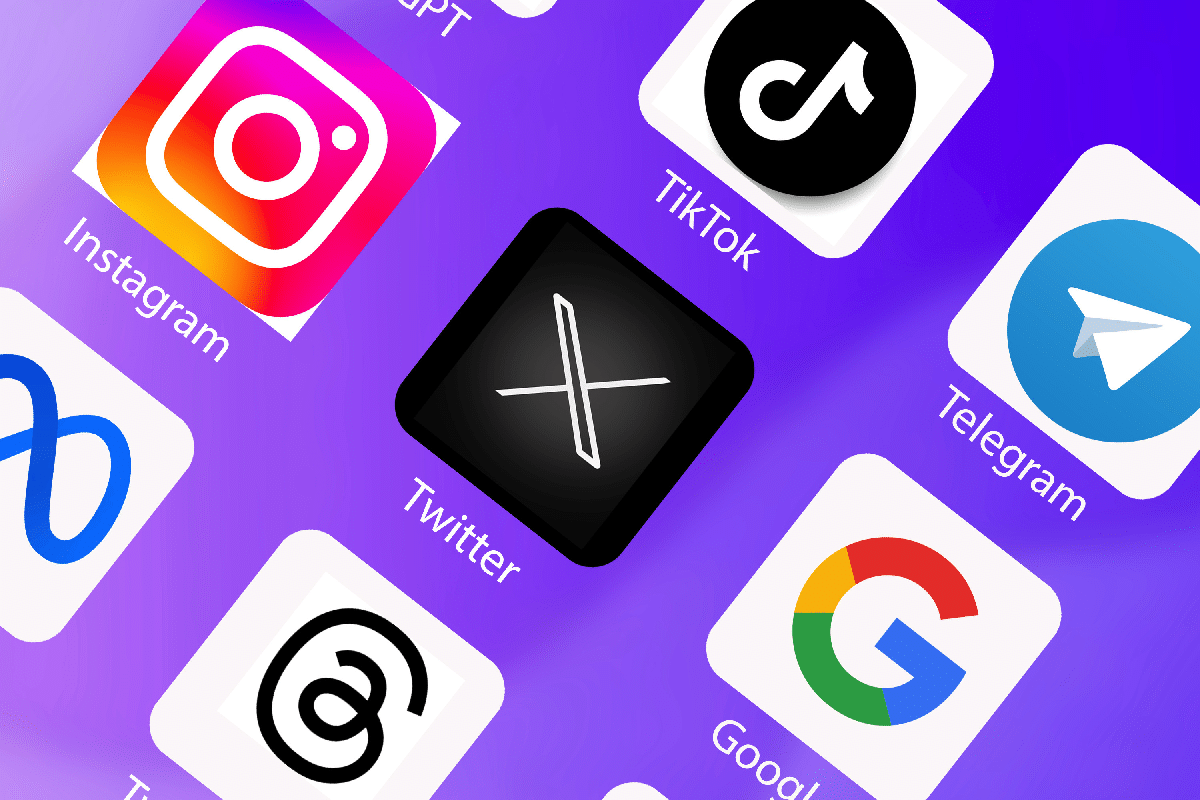Fines imposed by Russian courts on Google, YouTube, Meta, TikTok, and Telegram in a conflict over content related to its war in Ukraine seem to have been resolved. These companies are no longer listed as debtors in the state bailiffs’ database.
Upon accessing the database, Reuters found that the fines are still in play for X (formerly Twitter) and Twitch. They face fines totaling 51 million Rubles ($560,730) and 23 million Rubles ($252,879), respectively.
Reasons Behind the Russian Fines on Tech Giants
Since its invasion of Ukraine in February 2022, Russia has had increasing conflicts with international tech companies. In fact, after the invasion, Russia blocked access to Meta’s Facebook, and Instagram, and Elon Musk’s X (formerly Twitter). Additionally, Google’s YouTube became a specific focus of Russia’s displeasure.
The fines that Russian courts imposed on companies like Google, YouTube, Meta, TikTok, and Telegram, which now seem to be resolved, were mainly due to two reasons.
Firstly, Russia has been strict about controlling information regarding its military actions in Ukraine, categorizing any dissenting or contradictory information as “fake” or misleading. This has led to a crackdown on platforms that allow the dissemination of such information.
Secondly, Russia insists on storing the data of its citizens within the country, a step towards what is called digital sovereignty. This move is believed to help Russia better control and potentially monitor its citizens’ online activities.
Additionally, Russia has been strict about LGBTQ+ content, labeling it as “extremist”. Its subsequent crackdown through fines and legal measures reflects the state’s conservative stance on LGBTQ+ rights and its efforts to regulate social norms through digital platforms.
The Pivotal Role of Social Media in Conflict
In the wake of Russia’s invasion of Ukraine in February 2022, the role of social media platforms became increasingly significant. The New Yorker described it as the “first TikTok war”, while The Economist stated that it is the “most viral” social media war.
This war has seen an unprecedented use of social media not just for sharing news but also for documenting the war through citizen journalism. The dynamic use of social media has changed how the Russian-Ukrainian conflict is experienced and understood globally.
This context is essential to understand in light of the fines imposed on major tech companies by Russian courts, now settled according to the state bailiffs’ database.
For example, Telegram has played a crucial role in the Ukraine conflict. It’s become an important unofficial source of news, both reliable and unreliable, for millions of Ukrainians and Russians, offering details that sometimes contradict Russia’s official narrative.
Telegram: Social Media Platform or Propaganda Machine?
Ukrainians have effectively used Telegram’s features to organize, warn about airstrikes, and share vital information. Ukrainian government officials, locals, and refugees heavily rely on Telegram channels for timely updates. For instance, President Zelenskyy’s Telegram channel’s following skyrocketed from about 65,000 before the invasion, to over 1.5 million.
The Ukrainian government transformed its COVID-19 Telegram channel ‘Ukraine Now’ into a news source with over 3 million subscribers, where local officials post air raid warnings and other crucial information. Citizens also use Telegram bots to report Russian troop movements, aiding Ukraine’s military.
However, the app’s minimal moderation policies have also allowed the spread of propaganda, especially from pro-Russian channels. These channels have a large following and often spread Kremlin-backed misinformation.
In fact, based on Statista’s data from 2022, India led in the number of Telegram app downloads. However, following India, Russia ranked second with 34.4 million downloads. In Ukraine, the app saw over 10 million installations, placing it ninth globally in terms of download numbers during that year.

Propaganda on either side could be extremely valuable as it can lead to dramatic shifts in public perception around the world. At a time when the US people’s support for further Ukraine aid continues to drop (and Ukraine runs out of resources), perception and political pressure in the US and elsewhere is as important as ever.
